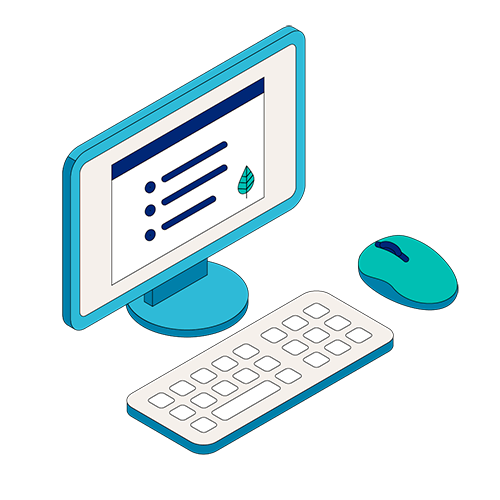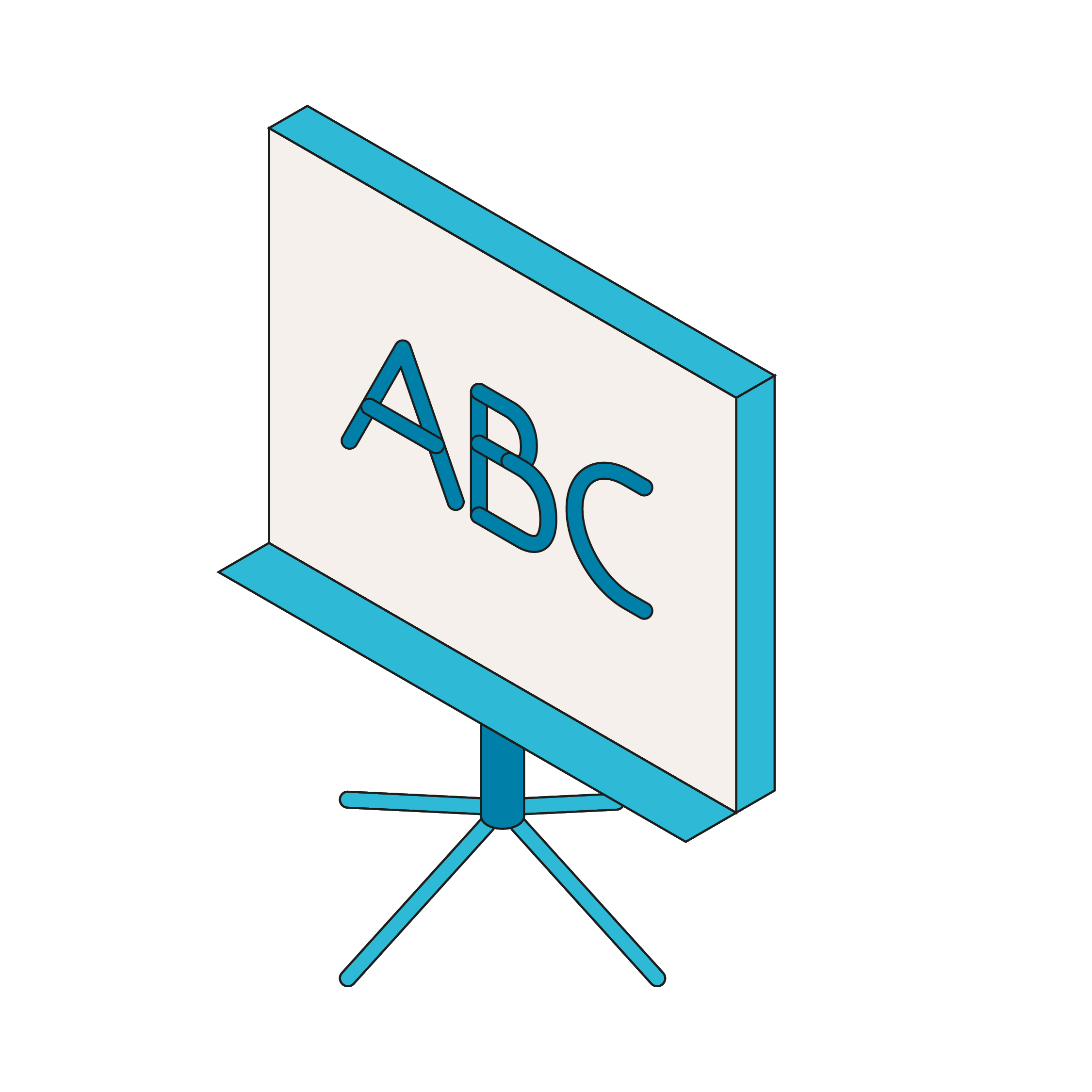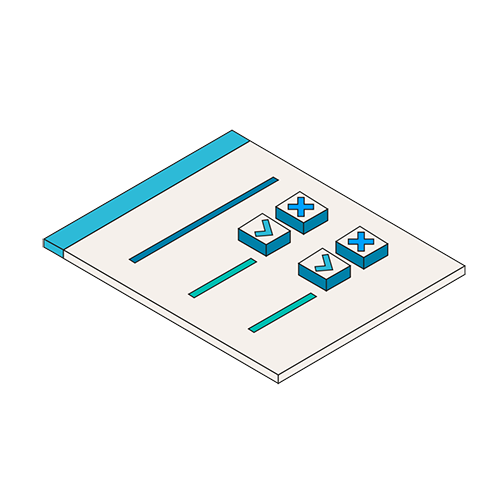
Job profile
PLC programmer (m/f/d)
Are you looking for a job as a PLC programmer (m/f/d)?
Are you looking for an experienced PLC programmer (m/f/d)?
Are you looking for a new project as a PLC programmer (m/f/d)?
What is a PLC programmer?
The basic building block of new machines and systems
PLC programmers are professionals for programmable logic controllers (PLCs) used in automation technology. Based on specific specifications, they develop, improve and maintain the required PLC systems and put them into operation. They are also responsible for fault diagnosis and analyse and visualize processes in order to identify sources of error and increase the efficiency of the PLC. In certain cases, PLC programmers can also work in sales and advise their customers on the use of PLC systems.
The role of PLC programmers is crucial for companies, as a well-programmed PLC system helps to increase efficiency and productivity, reduce costs and minimize the risk of errors or failures.
PLCs are used particularly in industry in regulation and control technology and are regarded as the heart of an automation system.
The German term SPS programmer, which stands for "programmable logic controller", is used in German.
PLCs are different types of hardware that have special inputs and outputs, an operating system and interfaces to which a machine is linked. This device can be controlled by the PLC. In addition to industry and logistics, PLCs are also used in buildings, in the pharmaceutical industry and in traffic, for example in traffic lights.
PLC programmers ensure that the control system functions according to the wishes of the client or supervisor. In addition to the initial development, their tasks also include repairing and further developing the systems.
PLC programmer salary Switzerland:
What are the earning opportunities?
The salary of PLC programmers depends on several factors.
On average, your salary as a PLC programmer in Switzerland is CHF 80,000. As PLC programmers are currently in high demand on the job market, companies are paying well.
Source: Kununu Gehaltscheck

Starting salary as a PLC programmer:
Junior PLC programmer salary

Senior PLC programmer salary in Switzerland:
Your salary with several years of experience
What do PLC programmers do?
Tasks and activities
PLC programmers are experts who specialize in programming programmable logic controllers (PLCs). These controllers are used in industrial automation for the digital and electronic control and monitoring of machines and systems.
The tasks of PLC programmers include the development, implementation, maintenance and commissioning of PLC software. They must be able to understand technical concepts and translate them into precise instructions for the controller, i.e. programming. For example, a functioning PLC ensures that the robot arms of a machine move according to the specifications . PLC programmers must also recognize and correct errors so that systems can be operated safely and efficiently.
In addition to working in production and processing, PLC programmers can also work in sales or support customer consulting by providing targeted advice on the use of PLCs. Specialists therefore also need an understanding of the economic aspects of their PLC.
PLC programmers have the following tasks in summary:
Design, development and optimization of regulation and control programs
Fault diagnosis and maintenance
Creation of plans and instructions
Visualization and documentation of processes
Customer advice

Junior PLC Programmer tasks
Tasks of senior PLC programmers
PLC programmers:
training, studies & further education
PLC programming experts are often career changers from other fields such as computer science, mechanical engineering, electrical engineering or related disciplines. A completed apprenticeship or degree in one of these disciplines is the perfect foundation for a career in PLC programming. Supplemented by further training as a PLC programmer, the doors are then open to you.
Further training in PLC programming can be worthwhile, as the demand for specialists in the field of digital and electronic control technology is increasing with an increasingly digitalized economy.
PLC programming studies: the academic path
A degree can be an excellent foundation for a career in PLC programming, although there is no specific PLC degree program. Degree programs such as electrical engineering, automation engineering or mechatronics often offer courses in PLC programming.
A degree course offers several advantages. Firstly, it provides a deep theoretical understanding of the subject matter, which can be very useful in practice. Second, it provides access to modern laboratories and equipment, which allows for hands-on experience. Third, a degree can open the door to advanced career opportunities that may not be accessible without a degree.
Examples of suitable degree programs are
Electrical Engineering: This course provides a solid foundation in the basics of electronics and programming.
Automation technology: This degree program focuses on the automation of production processes, including PLC programming.
Mechatronics: This interdisciplinary course combines mechanical engineering, electrical engineering and computer science, including PLC programming.
With a degree in one of these areas, you will be well prepared for a career as a PLC technician.
PLC programmers with a degree also generally receive a higher salary.


PLC programmer course

PLC programmer:in through lateral entry
A lateral entry into PLC programming is generally possible, even if you have no experience in this area. The first step is to familiarize yourself with the basics of PLC programming. There are many online courses and books that can help you with this.
The next step is the practical application of the knowledge you have learned. You could try to start a simple project at home or do an internship in a company that uses PLC programming or take a PLC course.
Finally, you should be prepared to keep learning and developing, as the technology and requirements in this field can change rapidly. With commitment and perseverance, you can successfully enter the world of PLC programming.

Skills of PLC programmers:
Hard and soft skills
As a PLC programmer, it is important to have a broad knowledge of computer science and programming. This includes an understanding of common programming languages such as C++, C#, Python and Ladder Logic as well as knowledge of the control programs used, such as S7 or TIA Portal from Siemens, B&R, Beckhoff or Allen-Bradley.
In addition to comprehensive knowledge of IT, programming languages such as tax programs and a good command of English, you should have the following soft skills:
Personal responsibility
Independent work
Ability to work in a team
Communication skills
Analysis and problem-solving skills
PLC programmer careers:
opportunities on the job market
PLC specialists have good prospects for the future due to the growing demand for industrial automation and the increasing use of robots and autonomous systems in industry. Companies will continue to need well-trained and experienced PLC programmers to control and monitor their systems and processes digitally and electronically. In addition, the demand for PLC programmers will continue to rise due to the increasing importance of Industry 4.0 and the Internet of Things (IoT). Through continuous training and the development of new skills, PLC programming experts can open up new career opportunities in related fields such as robotics and artificial intelligence (AI).

Top vacancies for PLC Programmer: Jobs in Switzerland
FAQ
PLC programmers are specialists who program programmable logic controllers (PLCs), which are used in industry to automate machines and systems. They create and optimize programs that control and monitor machines in order to make production processes efficient and safe.
As a PLC programmer in Switzerland, you will earn an average of around CHF 80,300 gross when you start. This salary can increase to around CHF 112,000 with more professional experience.
In PLC programming, employers generally expect a degree in subjects such as automation technology or vocational training in IT or electrical engineering.
As a PLC programmer in Switzerland, you will earn an average of around CHF 80,300 gross when you start. This salary can increase to around CHF 112,000 with more professional experience.
In PLC programming, employers generally expect a degree in subjects such as automation technology or vocational training in IT or electrical engineering.
Our locations

